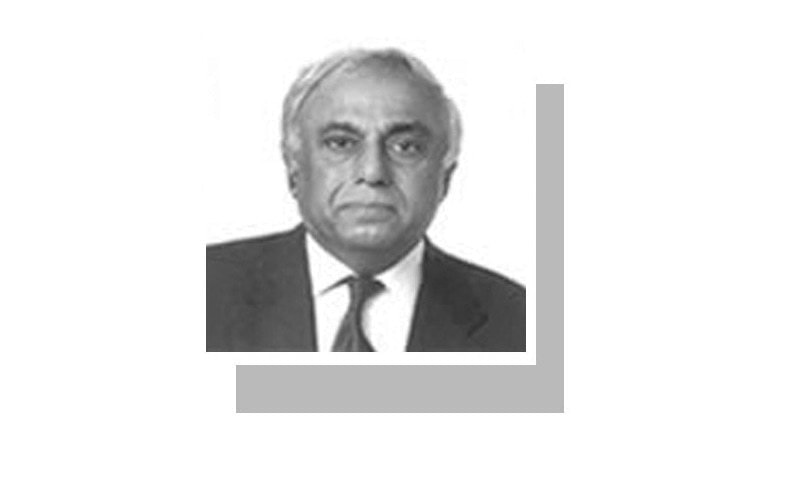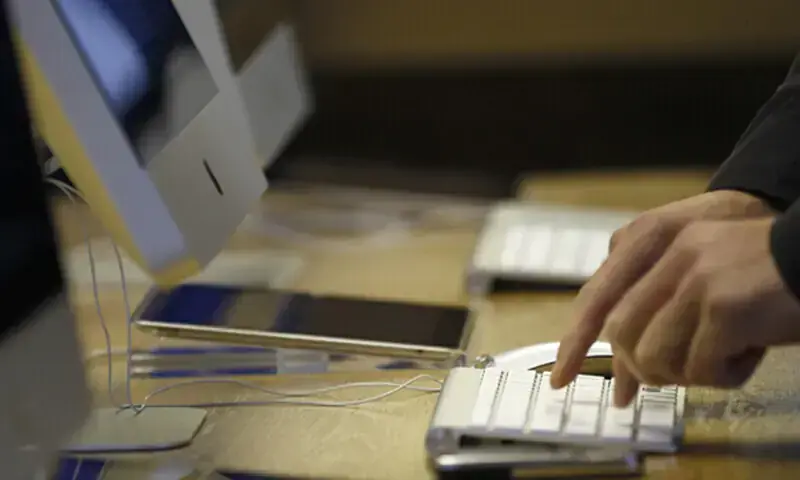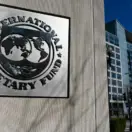By Rashid Amjad
Published in Dawn on September 14, 2024
STRUCTURAL reform is a prerequisite for Pakistan’s sustained economic growth. To put it bluntly, given our population and labour force growth rates, we need to grow at six per cent at a minimum to reduce poverty, unemployment and regional disparities. Yet, whenever we try to do so, the economy runs into a balance-of-payments crisis and faces the threat of a default. To overcome this binding constraint, we need to undertake painful structural economic reforms.
Unfortunately, most people believe that we are forced to carry out stringent economic reforms only because we borrow from the International Monetary Fund, and, had it not been for the IMF, we could have carried on our economic lives as before — paying little to no taxes, using cheap, subsidised electricity, running high fiscal deficits, and letting our domestic and foreign debt from donors and foreign commercial banks pile up. This is not true. We need reforms because we are not prepared to face the fact that we must change the irresponsible way we currently live and run the economy, with the result that we are forced to go to the IMF again and again or risk defaulting and being declared bankrupt.
If we were to accept this fact and start implementing the needed reforms — which, it must be said, even an undergraduate student of economics could draw up — we could say goodbye to the IMF even now. If our finance minister had the confidence and the people’s backing to assert that Pakistan was on its way to implementing tenable, durable reforms, he would not have felt the need to call our ambassador in Washington frequently to ask when the IMF Board was due to meet and approve our requested loan of $7 billion. After all, the IMF is a bank — even if of last resort — and if no country were to borrow from it, the IMF would simply close.
To return to the fundamental question: why are we incapable of carrying out the economic reforms that we desperately need? The standard answer is that the ruling elite — which owns and controls the means of production and thus benefits from the rents of an inefficient and exploitative system — does not allow this to happen.
Why are we incapable of carrying out economic reforms?
To put it another way, as Oxford economist Stefan Dercon argues, the ruling elite has to see the writing on the wall and build a strong coalition to actively support reforms and accept them. Otherwise, they will not survive long. Sadly, Prof Dercon met his Waterloo in Islamabad, where he recently presented a report along these lines at the request of the government of Pakistan, which duly chose to ignore it.
It is a fallacy that the ruling elite and, more importantly, the people of this country, are against undertaking reforms. As history bears witness, we are by nature a pragmatic people and can adjust to change when needed. These traits are what have given us the resilience to survive repeated periods of adversity and prosper over time. The traders who oppose reforms and taxes, primarily because any attempt to do so will require them to document their actual incomes, or the middle class, which cannot pay their mounting utility bills, are certainly not part of the ruling elite.
Who, then, stands in the way?
The first are the political elite, many of whom unfortunately do not have the required democratic credentials to be considered legitimate representatives of the public and now want to earn them by ‘easing’ the hardships that such reforms will impose on the already hard-pressed middle and working classes. The second is indeed the IMF itself, which forces a pace and sequencing of reforms that aggravate public hardship. Its philosophy of providing safety nets to the poorest of the poor makes economic sense, but these nets do not provide sufficient coverage to those in need.
The third, of course, are the global markets and our selected friends — China, the UAE and Saudi Arabia, for example — which have, over time, lost their confidence in our ability to carry out the economic reforms we promise while signing an agreement to do so.
Therefore, let us accept the reality as we face it and form a strong coalition that has the political will to execute the reforms we need, drawing on a political elite with sound credentials, which the people accept and support. This will also bring with it greater confidence on the part of global financial markets as well as among our nervous friends who are reluctant to roll over our debt, leave aside lending us more.
We can then show our disdain to the IMF. Till then, let us not shoot ourselves in the foot — indeed, both feet — by threatening them, as our current political elite is doing. At the moment, we really have no leg to stand on.
The writer is a professor at the Lahore School of Economics and former vice-chancellor at the Pakistan Institute of Development Economics.




